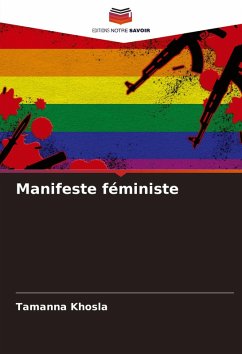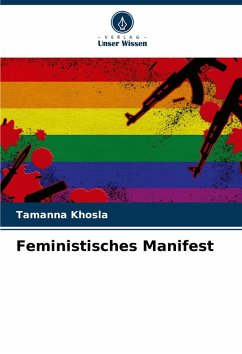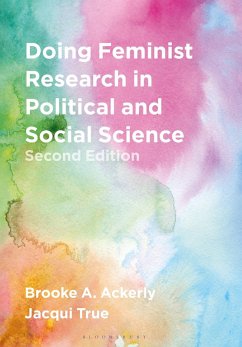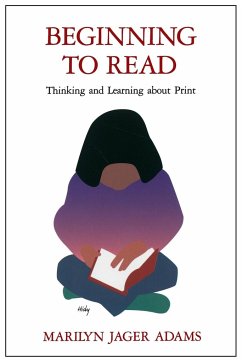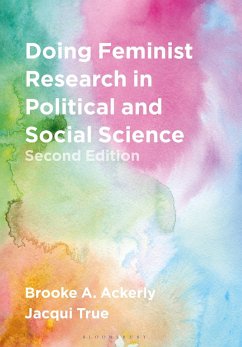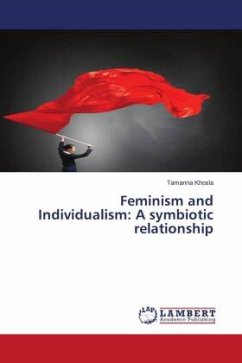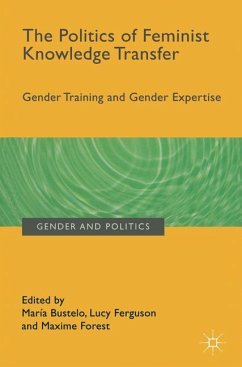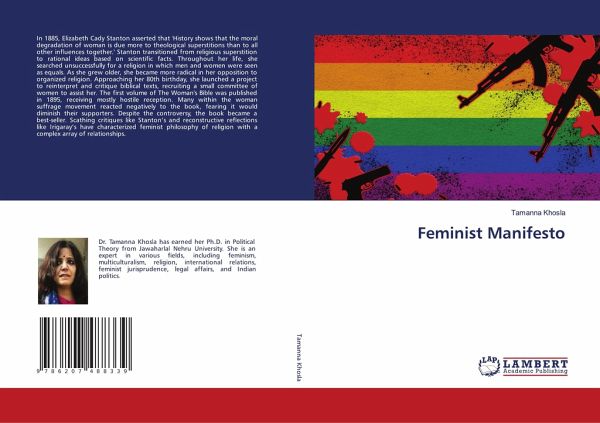
Feminist Manifesto
Versandkostenfrei!
Versandfertig in 6-10 Tagen
60,99 €
inkl. MwSt.

PAYBACK Punkte
30 °P sammeln!
In 1885, Elizabeth Cady Stanton asserted that 'History shows that the moral degradation of woman is due more to theological superstitions than to all other influences together.' Stanton transitioned from religious superstition to rational ideas based on scientific facts. Throughout her life, she searched unsuccessfully for a religion in which men and women were seen as equals. As she grew older, she became more radical in her opposition to organized religion. Approaching her 80th birthday, she launched a project to reinterpret and critique biblical texts, recruiting a small committee of women ...
In 1885, Elizabeth Cady Stanton asserted that 'History shows that the moral degradation of woman is due more to theological superstitions than to all other influences together.' Stanton transitioned from religious superstition to rational ideas based on scientific facts. Throughout her life, she searched unsuccessfully for a religion in which men and women were seen as equals. As she grew older, she became more radical in her opposition to organized religion. Approaching her 80th birthday, she launched a project to reinterpret and critique biblical texts, recruiting a small committee of women to assist her. The first volume of The Woman's Bible was published in 1895, receiving mostly hostile reception. Many within the woman suffrage movement reacted negatively to the book, fearing it would diminish their supporters. Despite the controversy, the book became a best-seller. Scathing critiques like Stanton's and reconstructive reflections like Irigaray's have characterized feminist philosophy of religion with a complex array of relationships.








